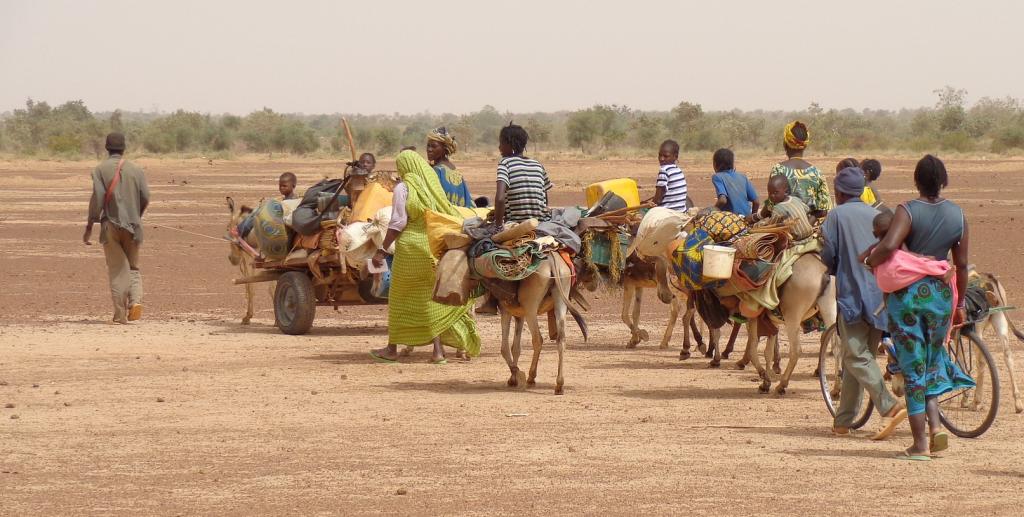On the occasion of World Refugee Day (20 June 2019), the United Nations Refugee Agency (UNHCR) published its annual Global Trends Report which reveals that 70.8 million people have been forced to flee their home in 2018 and data confirm that this number is rapidly rising. The global population of displaced people has doubled since 2009 due to important conflicts in Syria, Yemen, Iraq, the Democratic Republic of the Congo, South Sudan and the Rohingya crisis. The total global refugee population is currently at the highest level ever recorded.
Faced with violence, conflict or persecution, individuals flee to neighbouring countries such as Pakistan, Turkey or Uganda in the hope of safety. The report indicates that developing countries are welcoming the highest number of refugees. These host governments sometimes lack financial means and adequate infrastructures to support millions of asylum seekers. Neighbouring countries generally have high rates of poverty and are using scare resources to receive a large number of refugees. These low or middle-income countries require assistance to ensure that the needs of displaced people are met.
On World Refugee Day, the UNHCR raised awareness on the violent conditions that displaced people are continuously encountering and the UN High Commissioner for Refugees, Filippo Grandi, called for greater solidarity in a time when resettlement places are limited, restrictive measures are being introduced by countries, and funding remains low. Stateless people constitute one of the most vulnerable groups as their human rights are easily violated. Moreover, UNHCR newly released figures indicate that children who are often unaccompanied compose half of the refugee population. The agency underlines a shared international responsibility and encourages governments and humanitarian and development actors to support affected host countries, show solidarity towards refugees and address root causes of migration (as formulated through the key objectives of the Global Compact on Refugees).
This relocation movement is expected to grow in the upcoming years as climate change and increased violations are forcing populations to migrate. This trend involves important health consequences and requires adequate interventions from the health sector. Even if international laws protect the rights of every individual, refugees often lack access to health treatments and products. Providing access to quality and affordable health services to refugees and migrants is essential to achieve Universal Health Coverage. A stronger response at the national and global level is crucial to ensure that marginalised groups are not left behind. Refugees’ rights also need to be addressed globally as climate change, violation or political instability are closely related to physical and mental well-being. Sustainable health progress can only be achieved if actions are undertaken in political, economic and environmental sectors. The UN High Commissioner for Refugees explains that this growing crisis must be addressed by all actors: "We must redouble our solidarity with the many thousands of innocent people who are forced to flee their homes each day… This is complex work in which UNHCR is constantly engaged but which also requires all countries to come together for a common good. It is one of the great challenges of our times".
Further information


